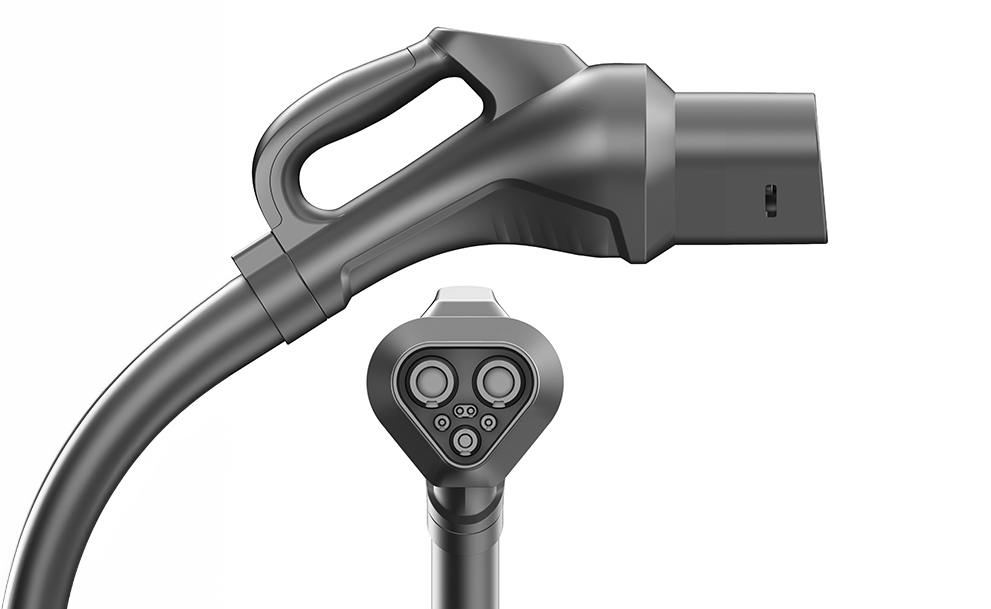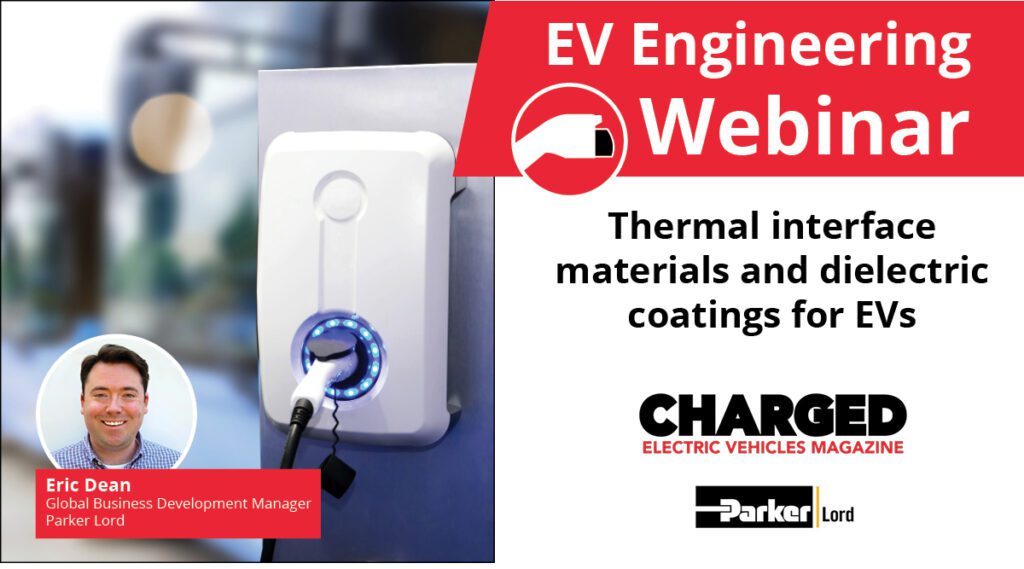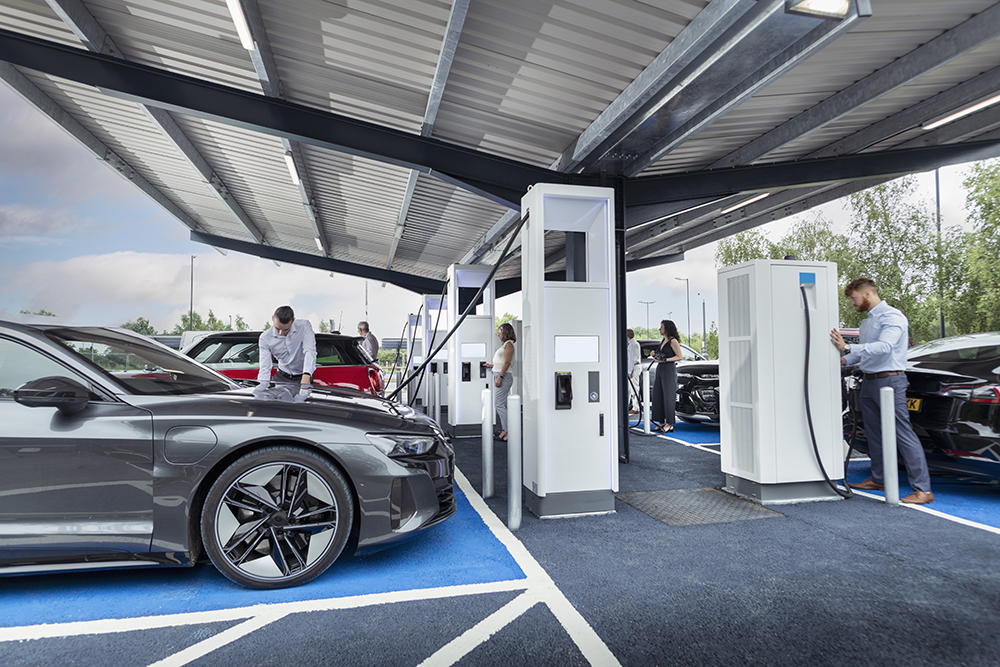The Charging Interface Initiative (CharIN), an industry alliance with over 320 members, is working to establish a new Megawatt Charging System (MCS) for heavy-duty electric vehicles. The new standard is expected to be operational as early as 2024, but some in the industry are complaining about delays, and putting pressure on CharIN to accelerate the timeline for bringing MCS to market.
MCS is widely seen as a critical enabling technology for highway charging of Class 6 and above electric vehicles. It offers up to 1,250 V, 3,000 A and a power level of up to 3.75 MW—enough to allow a heavy-duty vehicle to top up within the mandated 45-minute break time for drivers.
Electric truck expert Rustam Kocher told Charged in a recent interview: “MCS should put a bullet in hydrogen, because the only thing that they have going for them is speed of refueling. With MCS it’s the same speed. In fact, it might be faster, so hydrogen can go pound salt.”
MCS has now reached the prototype phase, but as Ciaran Donnelly writes in EV in Focus, the final approval from slow-moving standards bodies could take a while yet, and some industry players are getting antsy.
Tesla was a member of the CharIN MCS taskforce, but decided to go ahead with its North American Charging Standard (NACS), which can support 1 MW charging, for its electric Semi. Nxu, a manufacturer of battery cells and packs, left CharIN in July, citing its impatience with the organization’s timeline, and began testing its own proprietary heavy-duty charging solution.
CharIN unveiled and demonstrated MCS last June, and members are rolling out design prototypes. “We are now in the prototype phase, so in principle it is ready,” CharIN Chairman Claas Bracklo told EV in Focus. “We have 17 charger manufacturers currently building prototypes. We have 18 truck manufacturers building those prototypes. We have 13 cable connector companies and 10 charge point operators.”
The main challenge now seems to be the formal standardization process, which requires input from all interested parties, some of whom have competing interests. “The challenge is to agree and to align this big community,” says Bracklo. “There are sometimes different interests of parties and somebody has an advantage by slowing that down.”
However, while the standardization process may seem frustratingly slow, cross-industry collaboration shortens time to market in the long run, says Bracklo. “If you start from scratch, it costs you 8-10 years. We have sorted out all of the complications, and the standardization is just the final step to make a formal standard out of that. Nevertheless, all these procedures, they will somehow lead us into the last part of 2024.”
Source: EV in Focus










































































































